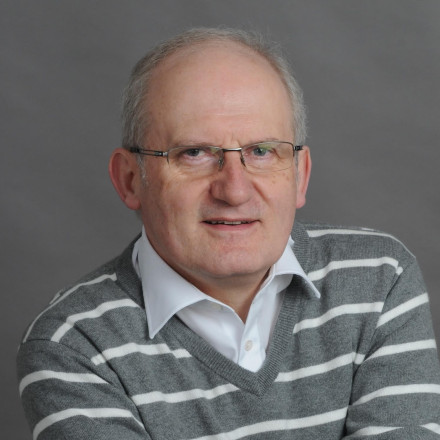Ecclesia Semper Reformanda in Theological Perspective
EVERY generation of Christians faces the challenge to renew the personal and communal forms of its faith-praxis in the light of critical and self-critical reflections on the central aspects of its faith. When we approach this challenge today, two related procedures present themselves to us: we might wish to concentrate primarily on Christian beginnings, developments and past reforms, or we might wish to reflect more on Christian visions of the end of God’s creation and human existence in this universe.
There should be no conflict between the two approaches. Rather, both are necessary for any respectable theological examination of Christian faith-praxis today. For how could we approach Christian vocation and expectation without going back to past praxis and re ection on Christian beginnings and vocation?
As we celebrate the history and legacy of 500 years of Protestant Reformation, it is crucial to recall the differences between Martin Luther’s horizon and our present horizon. The global context for reflecting on church renewal and reform today differs significantly from the particular regional context for church reform in sixteenth century Europe. Our horizon is no longer congruent with Luther’s and Calvin’s Eurocentric worldview. Luther and fellow reformers challenged disturbing developments, claims, forms and pretensions of Christian institutional praxis and leadership as well as sacred mediation. Of course, even now ecclesial developments, forms of Christian discipleship and leadership, and hierarchical pretensions and failures need to be examined and challenged.
* Full article available in printed copies.

Werner G Jeanrond
is Master of St Benet’s Hall, Oxford.